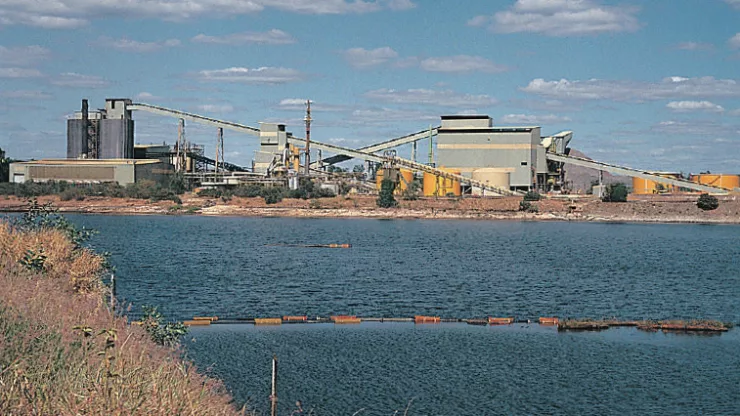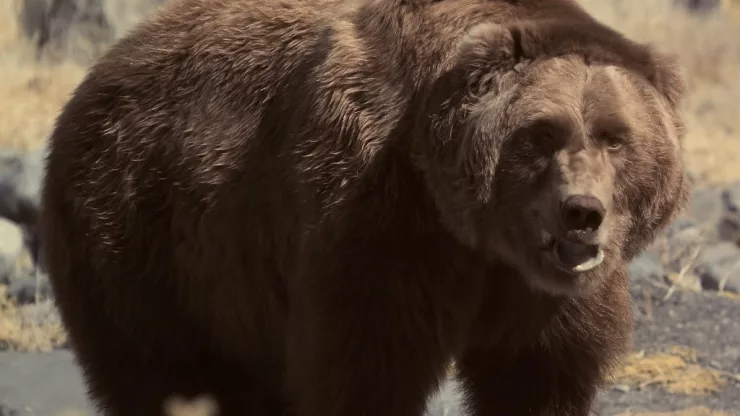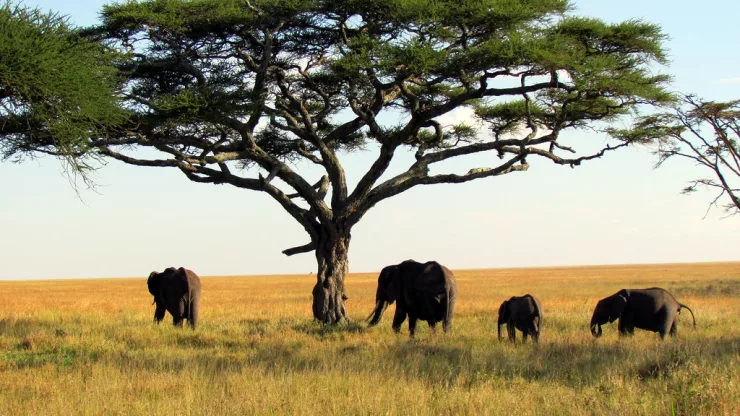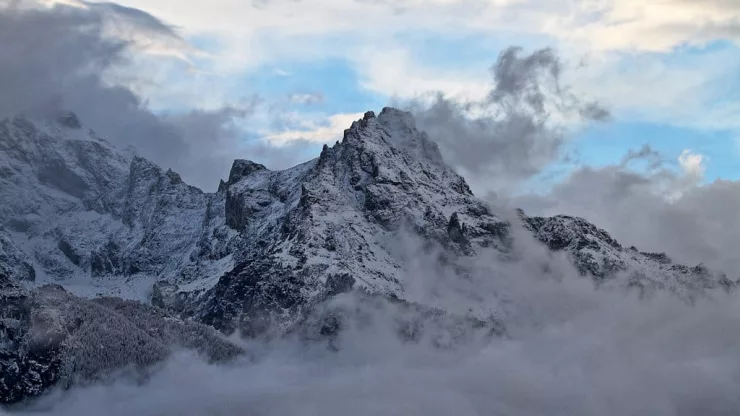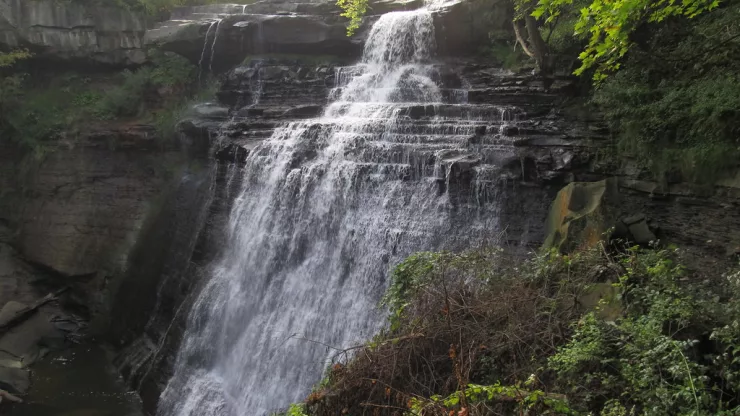Kakadu National Park is a wildlife wonderland in Australia, located in the Northern Territory.
This iconic park is home to a vast array of unique flora and fauna, including saltwater crocodiles, wallabies, and over 280 species of birds.
Kakadu is a must-visit destination for nature lovers and those looking to explore Australia’s untamed wilderness.
Jump to Section
Kakadu National Park: A Wildlife Wonderland
Kakadu National Park covers over 19,000 square kilometers and is home to an incredible diversity of wildlife.
This UNESCO World Heritage-listed site is famous for its vast wetlands, ancient Aboriginal rock art, and stunning landscapes.
Here are some of the fascinating creatures you can encounter in Kakadu:
- Saltwater crocodiles: Known locally as “salties,” these fearsome creatures can grow up to 6 meters long and are found in the park’s rivers and billabongs.
- Wallabies: The agile and adorable wallaby can be seen hopping through the park’s grasslands and woodlands.
- Birds: Kakadu is a birdwatcher’s paradise, with over 280 species of birds, including rainbow bee-eaters, kookaburras, and the rare hooded parrot.
Exploring the Biodiversity of Kakadu
Kakadu National Park is a vast and diverse landscape that can be explored in a variety of ways.
Visitors can take guided tours, walk along scenic trails, or go on a boat cruise to see the park’s wetlands up close.
Some of the highlights of exploring Kakadu include:
- Yellow Water Cruise: This two-hour cruise takes visitors through the park’s wetlands, where they can spot crocodiles, birds, and other wildlife.
- Nourlangie Rock Art Site: This ancient Aboriginal rock art site features some of the oldest and most well-preserved rock art in the world.
- Maguk: This stunning waterfall and swimming hole is located in the southern part of the park and is a popular spot for hiking and swimming.
A Journey Through Australia’s Iconic Park
Kakadu National Park is a unique and captivating destination that offers visitors a chance to experience Australia’s iconic wildlife and landscapes.
From the park’s ancient rock art to its breathtaking waterfalls and wetlands, there is something for everyone in Kakadu.
Here are some of the top things to see and do in the park:
- Visit Ubirr Rock: This stunning lookout point offers panoramic views of the park’s landscapes and is a great spot to watch the sunset.
- Go on a scenic flight: For a bird’s eye view of the park, take a scenic flight and see the wetlands, waterfalls, and rock formations from above.
- Take a cultural tour: Learn about the park’s rich Aboriginal history and culture by taking a guided tour with a local Indigenous guide.
Discovering the Secrets of Kakadu’s Wildlife
Kakadu National Park is home to a diverse range of wildlife, from the fearsome saltwater crocodile to the agile wallaby.
Here are some interesting facts about the park’s wildlife:
| Animal | Fun Fact |
|---|---|
| Saltwater crocodile | Can swim up to 30 km/hour |
| Wallaby | Can jump up to 3 meters high |
| Rainbow bee-eater | Migrates to Papua New Guinea and Indonesia in the winter |
Visitors to Kakadu can also learn about the park’s conservation efforts, including the protection of endangered species such as the Gouldian Finch and the Northern Quoll.
FAQ
What is the best time of year to visit Kakadu National Park?
The best time to visit Kakadu is during the dry season (May to September), when the weather is mild and the wetlands are teeming with birdlife.
Are there accommodations in Kakadu National Park?
Yes, there are a variety of accommodations in the park, including campgrounds, cabins, and lodges.
Is it safe to swim in Kakadu’s waterways?
Visitors should exercise caution when swimming in Kakadu’s waterways, as saltwater crocodiles can be present in the park’s rivers and billabongs.
Always follow park safety guidelines and only swim in designated areas.
I’m a nature enthusiast and creator of Metro Wilds and have spent years exploring the great outdoors.
With a passion for environmental conservation and sustainability, I have dedicated my career to writing about the beauty and wonders of nature, as well as the threats facing our planet.
Contact me at [email protected] for assistance.

